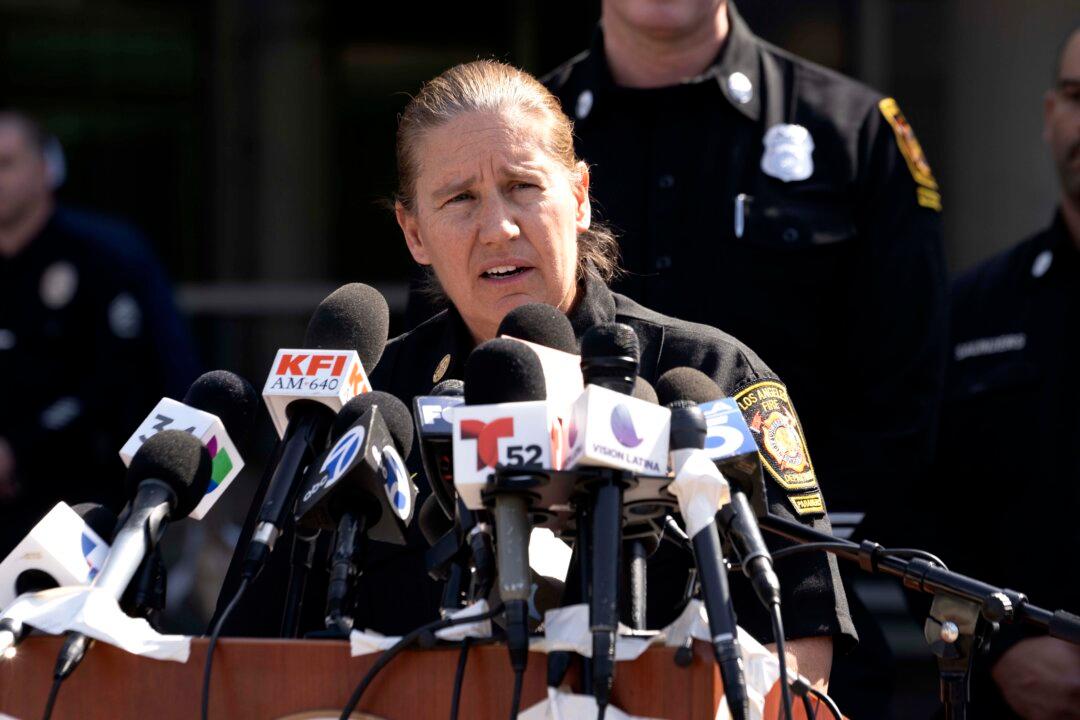Chinese officials quarantined three cities that have more than 18 million residents combined in an attempt to curb the outbreak of 2019 Novel Coronavirus, which had spread to at least six other countries as of Jan. 23.
Officials locked down Wuhan, a city of roughly 11 million in southeast China, on Thursday. Officials in nearby Huanggang, population 7.5 million, and Ezhou, which has around one million people, announced quarantines a few hours later.
Public transportation was shuttered and airports were closed. Residents were told not to leave unless they had special circumstances.
The Epidemic Response Command Center of Huanggang City said in a statement: “All public transportation in Huanggang city will be closed. All theaters, internet bars, indooor entertainment sites, and resorts will be closed.”

Anyone leaving or entering the city will have to go to a checkpoint, where they'd be checked for signs of the coronavirus.
In Wuhan, the municipal government said people shouldn’t leave “unless there is a special reason.”
“Airports and train stations that can be used to leave the city will be temporarily closed. The closures will continue until further announcement,” the government stated.
The Ezhou City Coronavirus Disease Prevention Control Headquarters said Ezhou’s railway station was closed “in order to fully conduct prevention and control of the new type of pneumonia causing coronavirus, effectively cut off the transmission of the virus, resolutely curb the spread of the epidemic, and ensure the safety and health of the people.”
No timetable was given for when the station would reopen.

Other cities are also on alert. In Beijing, China’s capital, all major events planned to celebrate the Chinese New Year were canceled.
Scores of people have been infected by the deadly virus in China. Cases have cropped up in the United States, Japan, South Korea, Singapore, and Vietnam this week.
One expert, Jonathan Ball, a professor of virology at molecular virology at the University of Nottingham in Britain, said the unprecedented lockdowns appear to be justified scientifically.
“Until there’s a better understanding of what the situation is, I think it’s not an unreasonable thing to do,” he told the Associated Press. “Anything that limits people’s travels during an outbreak would obviously work.”
But the lockdowns shouldn’t go on for too long, he said, adding: “You don’t want to antagonize communities, so you have to make sure you communicate effectively about why this is being done. Otherwise you will lose the goodwill of the people.”





